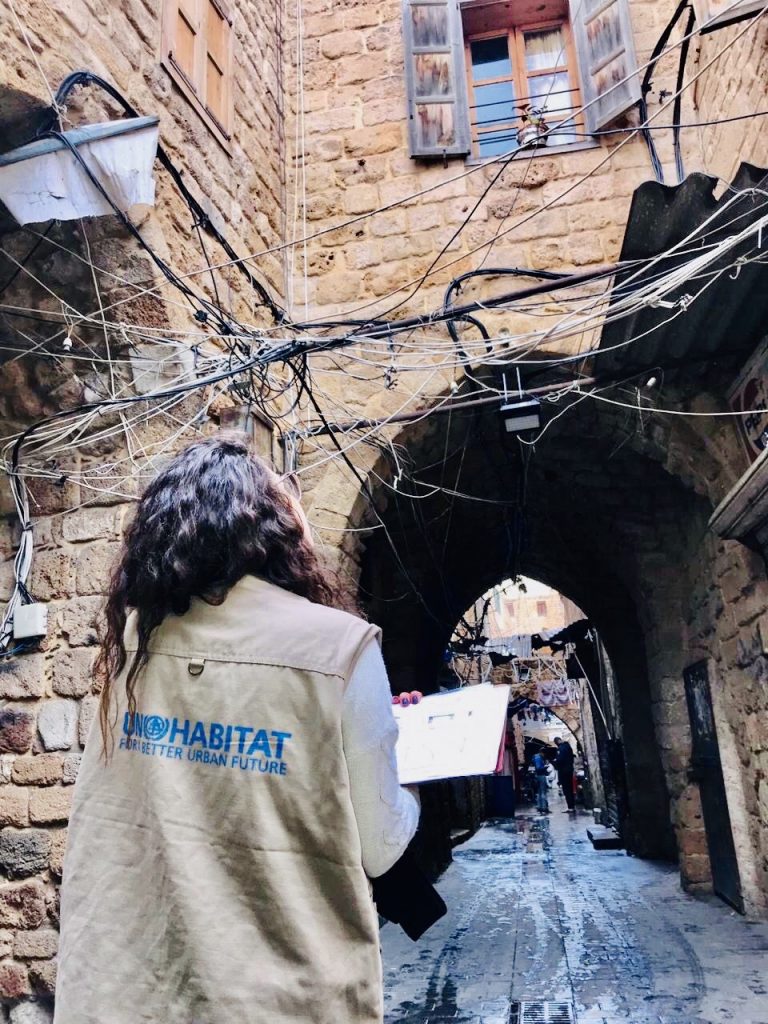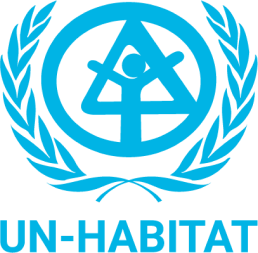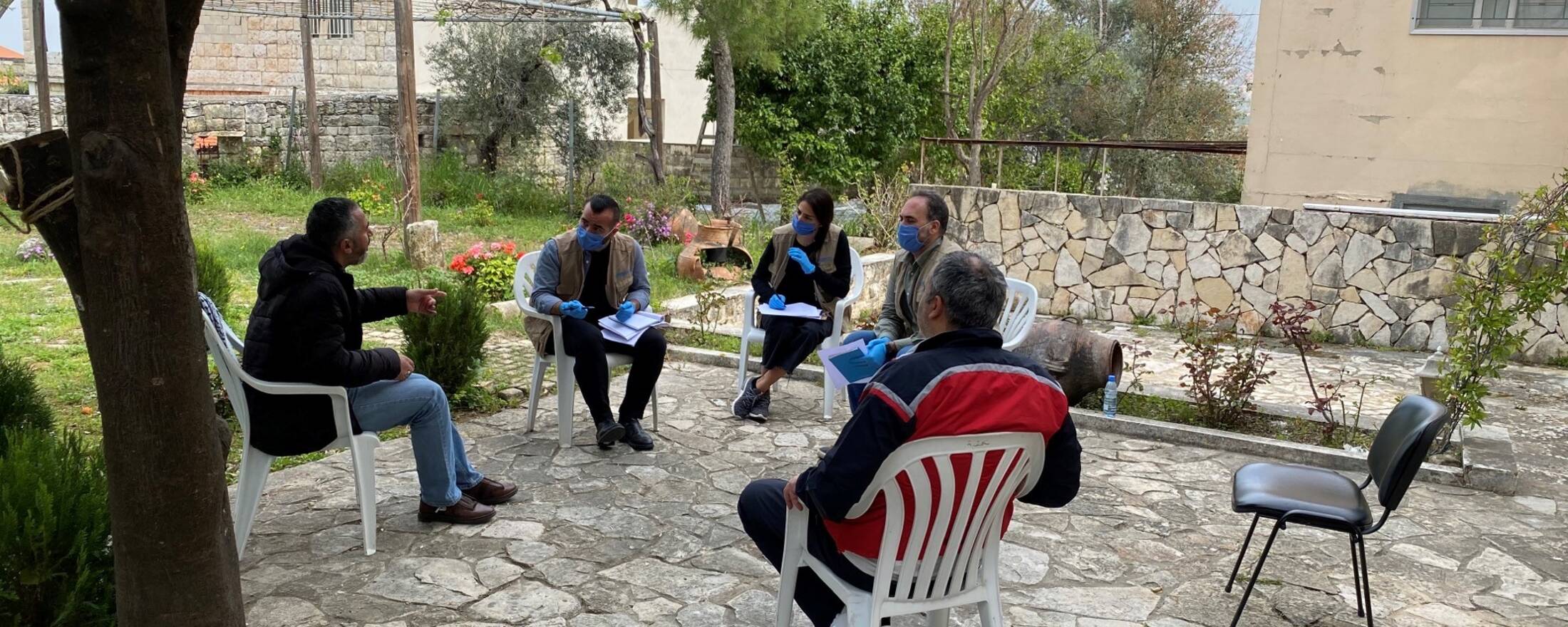Beirut, 22 April 2020 – Local authorities in Lebanon are playing a major role to curtail the spread of COVID-19, particularly in vulnerable urban settings, while still maintaining critical services. UN-Habitat is providing support by identifying the major problems and suggesting solutions.
UN-Habitat rapidly assessed 33 Unions of Municipalities, which make up more than 630 of the country’s roughly 1,000 municipalities, or more than 3 million Lebanese nationals, 700,000 Syrian refugees, and 180,000 Palestinian refugees from Lebanon.
“Our aim is to contribute to a broader coordinated response by complementing and leveraging actions by others,” said Taina Christiansen, Head of UN-Habitat Country Programme in Lebanon.
“Through this approach, we will collectively identify key urban challenges relating to COVID-19, such as water, sanitation, hygiene, shelter and mobility, and propose mitigating measures in the most vulnerable locations that address the most vulnerable populations.”
The preliminary findings range from a severe lack of clean water in most disadvantaged urban neighbourhoods to the incorrect treatment of wastewater and solid medical waste. Other challenges include translating national level directives and guidance at the local level and a lack of clear procedures on preventative measures to take against COVID-19 at the community level.
“Municipalities are the foundation of every city, they know what neighbourhoods are desperately in need of, and how long people will still be able to manage the ongoing crisis,” said the Mayor of Tripoli, Dr. Riad Yamaq.

UN-Habitat Lebanon will complement this effort with a newly established internal COVID-19 Crisis Task Force to work directly with Unions of Municipalities and municipalities themselves to see how they are managing their response in line with national directives.
“We are playing a huge role in raising awareness about the coronavirus and sanitizing our neighbourhoods and public places,” said the President of the Union of Al-Fayhaa Municipalities, Mr. Hassan Ghamrawi. “The Union’s municipalities – Tripoli, El Mina, Baddawi and Qalamoon – are among the poorest in the Mediterranean, and our resources are very limited.”
Close to 90 per cent of Lebanon’s population is urban and it hosts the highest proportion of refugees per capita in the world. There are 1.5 million displaced Syrians in addition to a sizeable community of Palestinian, Iraqi, and Sudanese refugees. Most of the Syrian refugees live in densely populated urban as do most vulnerable Lebanese families. In these communities, with lack a of water and poor housing, recommended COVID-19 preventative measures such as handwashing and physical distancing are often impossible.
UN-Habitat is preparing to roll out two immediate COVID-19 response projects in some of the most vulnerable urban neighbourhoods in Beirut. These projects will focus on the provision of hygiene kits, which include basic household necessities to ensure adequate protection against COVID-19, such as bleach, alcohol, antiseptic spray, hand sanitizer, washing powder and household soap to up to 800 vulnerable families, specifically women-headed households, the elderly, the chronically ill and Syrian and Palestinian refugee families from Syria and Lebanon. These families are struggling to buy basic food to survive and can not afford hygiene supplies.
A second project will focus on the provision of hand-washing stations across three neighbourhoods in targeted locations, with safe waste disposal mechanisms for COVID-19 related materials. Both interventions will be implemented with local NGOs and accompanied by awareness raising activities.


